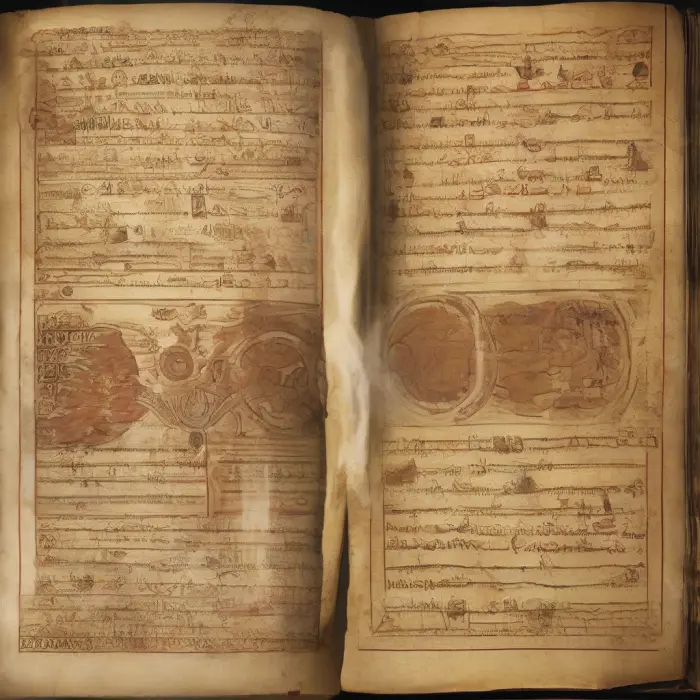Turbulence in Tigray: Understanding the Current Ethiopian Conflict
The ongoing conflict in the Tigray region of Ethiopia reflects a juxtaposition of complex political issues, ethnic tensions, and power struggles. It has raised serious humanitarian concerns in one of Africa's most populous nations.
Background
The seeds for this conflict were sown after the rise of the Ethiopian People's Revolutionary Democratic Front (EPRDF) to power in 1991. At that time, the Tigray People's Liberation Front (TPLF), one of the four ethnically based parties comprising the EPRDF, played a pivotal role.
However, in 2019, Prime Minister Abiy Ahmed formed a new political party, the Prosperity Party, replacing the EPRDF. The TPLF refused to join, citing that the move undermined ethnic federalism.
The Escalation
The situation escalated in September 2020 when Tigray held regional elections, defying the federal government's orders to postpone all elections due to the COVID-19 pandemic. This defiance was followed by a series of retaliatory measures from both sides, thus, escalating the conflict.
Humanitarian Concerns
The conflict has led to a myriad of humanitarian issues, with widespread food shortages, displacement of people, and increasing reports of human rights abuses. As of now, the UN continues to work diligently to distribute aid, but such efforts are hampered by security concerns and restrictions imposed by the warring parties.
The Role of the International Community
The international community's role in all of this has been one of relative bystandership. Some Western countries have condemned the violence and called for an end to hostilities, but their efforts are constrained by the Ethiopian government's assertion of its sovereignty and its resistance to external intervention.
Possible Resolutions
The road to resolution seems tumultuous and unclear. The Ethiopian government has rejected calls for third-party mediations, insisting that it is an internal matter. On the other hand, the TPLF calls for negotiations to end the war, yet it continues to fight. With human lives caught in the middle, the need for a peaceful resolution is more critical than ever.
Whatever transpires, the current state of Ethiopia underscores the delicate balance within nations and regions. It reminds us that peace is not merely the absence of violence; it requires the continuous effort to maintain social harmony and justice.










